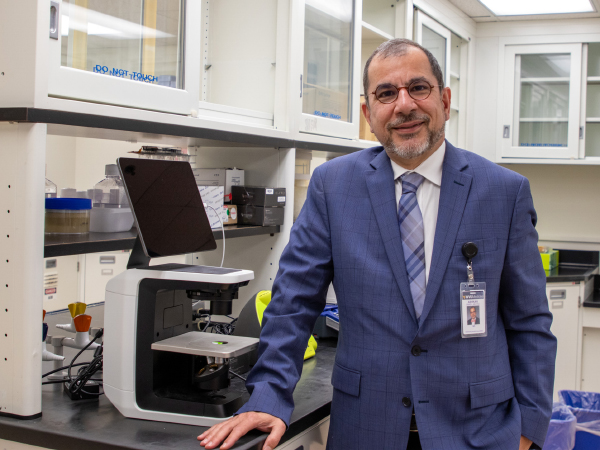The phase III PhALLCON trial met its primary endpoint, demonstrating that adult patients with newly-diagnosed Philadelphia chromosome-positive acute lymphoblastic leukemia treated with Iclusig (ponatinib) plus reduced-intensity chemotherapy achieved higher rates of minimal residual disease-negative complete remission compared to imatinib.
To access this subscriber-only content please log in or subscribe.
If your institution has a site license, log in with IP-login or register for a sponsored account.*
*Not all site licenses are enrolled in sponsored accounts.
Login Subscribe
If your institution has a site license, log in with IP-login or register for a sponsored account.*
*Not all site licenses are enrolled in sponsored accounts.
Login Subscribe








